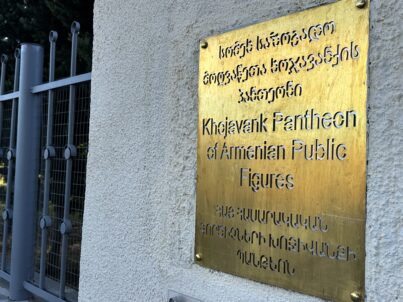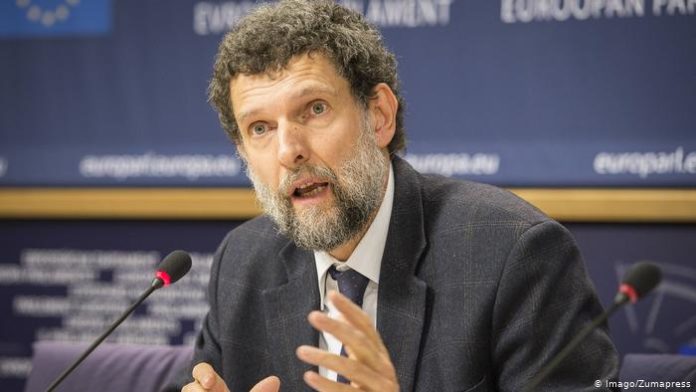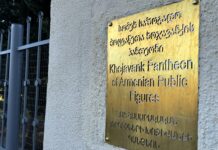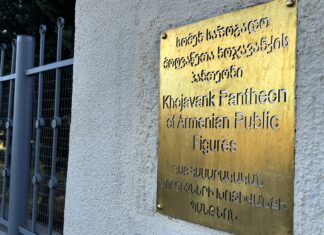By Amberin Zaman
A Turkish court ruled on Monday, March 21, that Osman Kavala, a renowned philanthropist and peace advocate, remain in prison in a long-running trial seen as a bellwether for Turkey’s crippled democracy. The decision has raised worries that Turkey sees its geostrategic influence, highlighted by the conflict in Ukraine, as a free pass for further rights abuses.
A verdict was widely expected at the hearing but was put off until April 22. This was to allow the defense to respond to the prosecutor’s final opinion on behalf of Kavala and others accused of espionage and seeking to overthrow the government of President Recep Tayyip Erdogan.
Kavala, 64, who has poured millions from his personal fortune into arts, culture and reconciliation between Armenians and Turks and between Turks and Kurds, has been held since October 18, 2017, in a case marked by wild accusations, flimsy evidence and legal acrobatics that lawyers say are designed to keep him behind bars.
Prosecutor Edip Sahiner is seeking aggravated life sentences for Kavala and fellow civil society activist Mucella Yapci, and up to 20 years for six other defendants. He requested that the files of the remaining nine who are being tried in absentia be dealt with separately. They include US academic Henri Barkey. All of the defendants deny the charges.
The prosecution is widely assumed to be taking its cues from Recep Tayyip Erdogan. The Turkish strongman has publicly accused Kavala of “financing terrorists” in the 2013 Gezi demonstrations against his government and of receiving support from “the famous Hungarian Jew,” an allusion to Hungarian-born American billionaire George Soros. Though he has yet to show evidence to prove it, Erdogan is said to be convinced that Kavala was involved in the 2016 attempt to violently oust his government.








